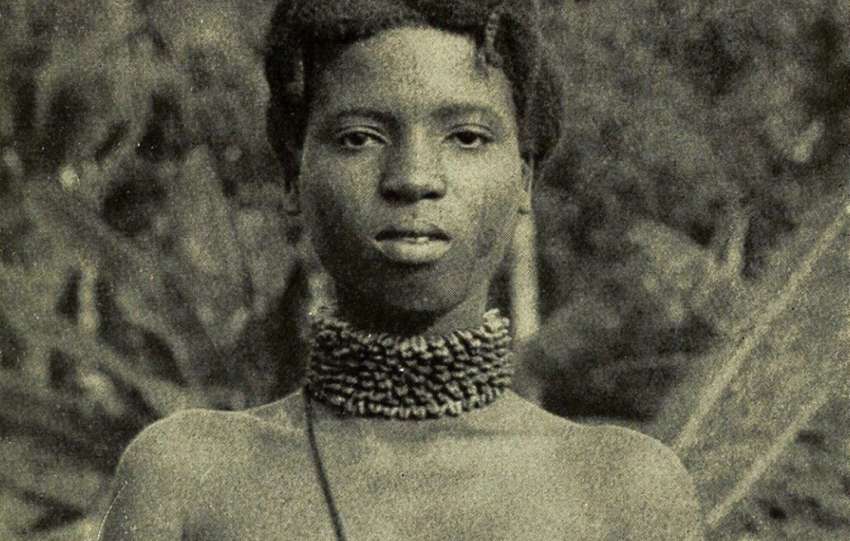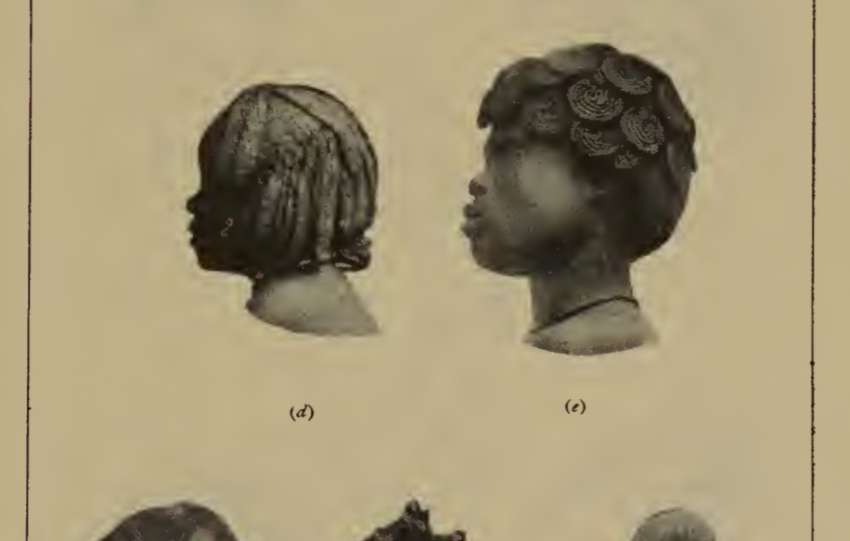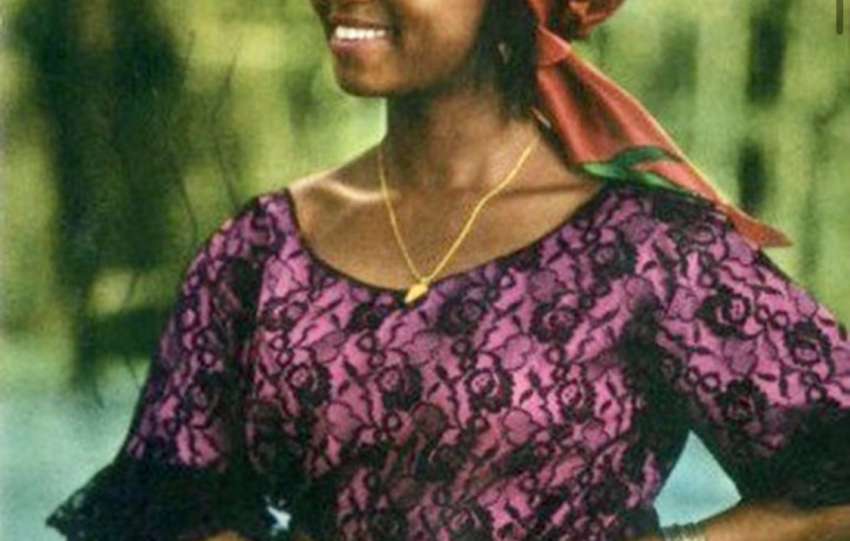
The manilla was a form of currency widely used in West Africa, including Igboland, particularly during the pre-colonial and early colonial periods.
The discovery of a 9th-century manilla at Igbo Ukwu sheds light on the sophisticated economic systems of ancient Igboland. Manillas, copper or bronze bracelet-shaped currency, facilitated trade and wealth accumulation in West Africa, particularly among the Igbo people. These “money bracelets” played a vital role in Igbo commerce, social exchanges, and cultural practices.
Manillas originated from European brass imports, adapted by Igbo craftsmen to create a standardized currency. This innovation enabled efficient trade, solidifying Igboland’s position in regional commerce. The use of manillas persisted during the colonial era, demonstrating the resilience of Igbo economic traditions.
Manillas are bracelet-shaped pieces of copper or bronze, often described as “money bracelets,” and they were an important medium of exchange in the region.
Manillas symbolized wealth, status, and social standing within Igbo society. Their exchange facilitated:
1. Bridewealth payments
2. Trade agreements
3. Ritual offerings
4. Symbolic gestures of respect
Manillas played a significant role in the economic and social life of the Igbo people. Their use as currency and in cultural exchanges reflected the dynamic nature of trade and wealth accumulation in Igboland before the full integration of Western monetary systems.
Archaeological Significance:
The Igbo Ukwu manilla discovery:
1. Confirms Igboland’s ancient economic complexity
2. Highlights regional trade networks
3. Provides insight into pre-colonial Igbo culture
References:
Isichei, E. (1976). The Igbo people. London: Heinemann.
Ugwu, A. (2009). Igbo history and culture. Onitsha: Africana Publishers.
Nnoli, O. (1978). Igbo nationalism and the Nigerian crisis. Enugu: Fourth Dimension Publishers.




